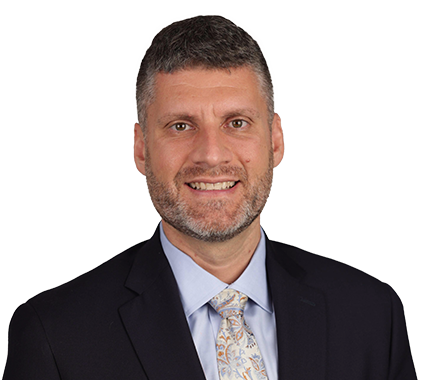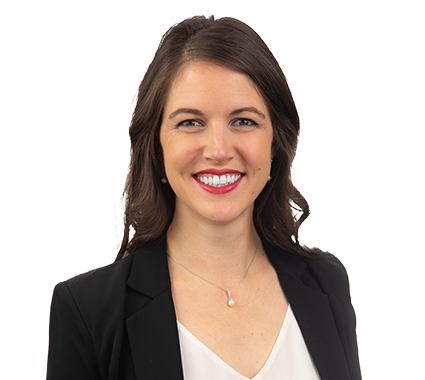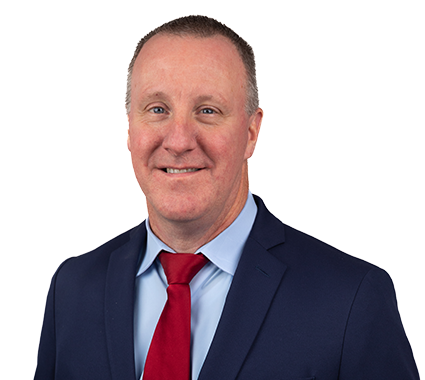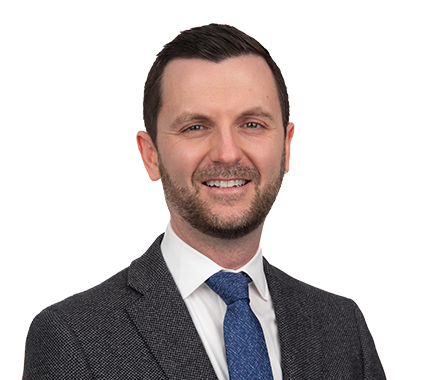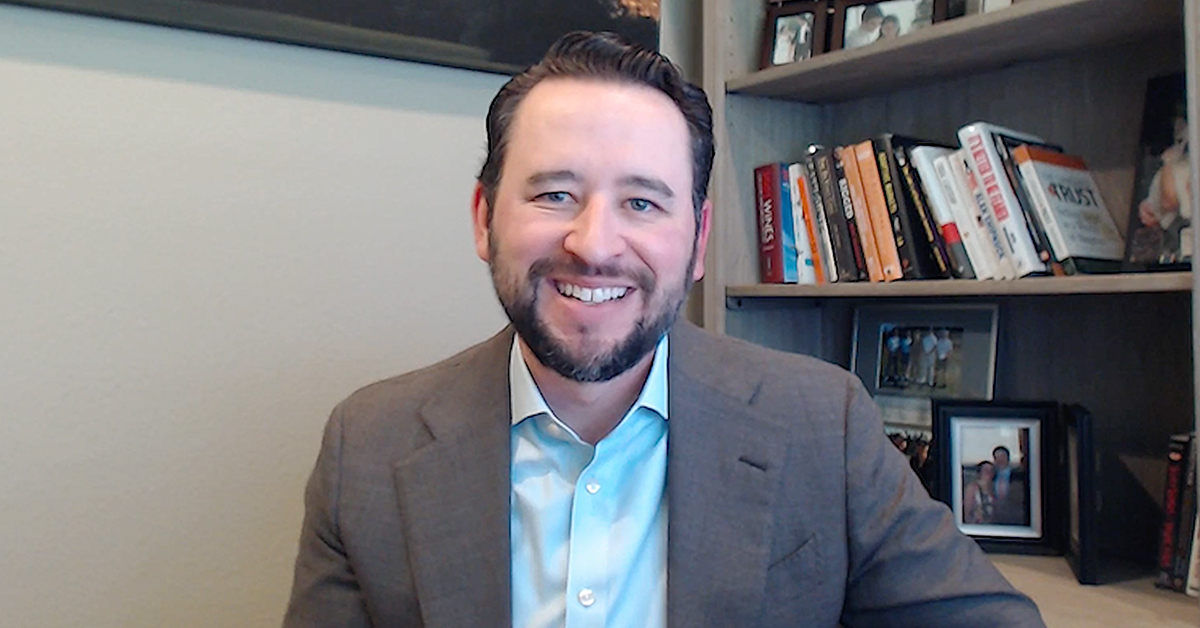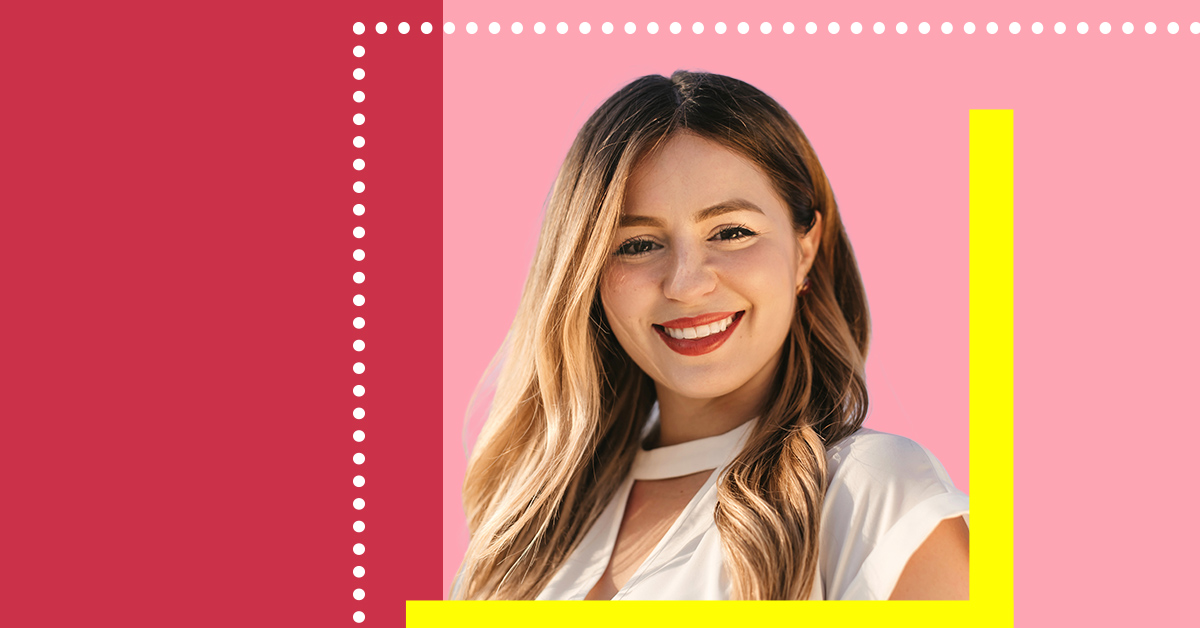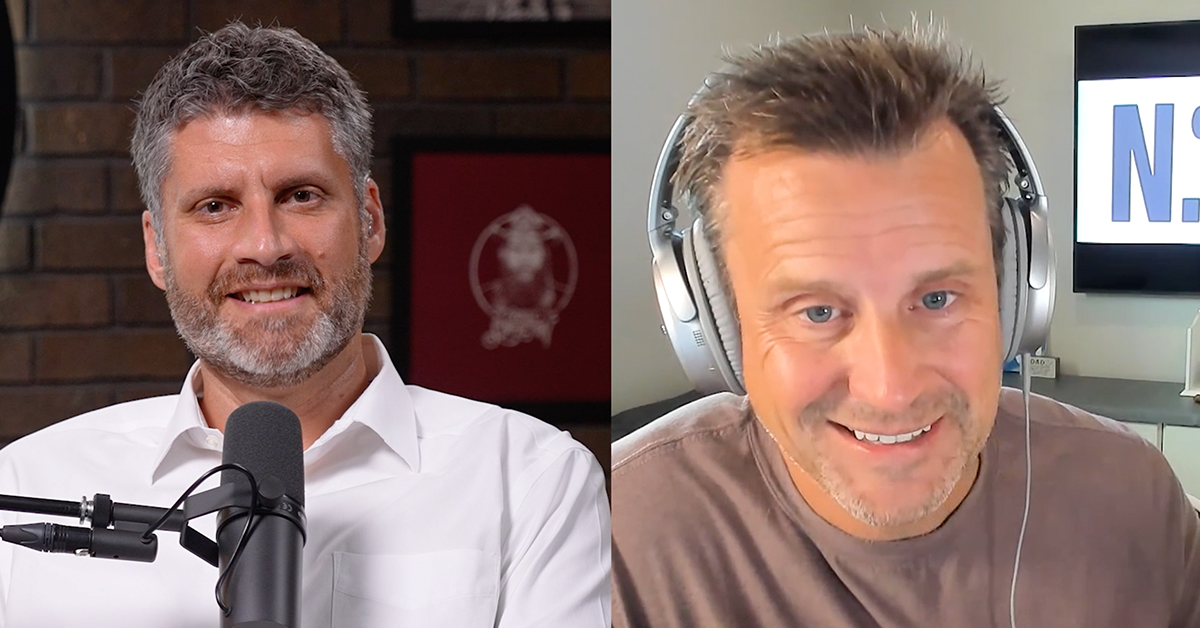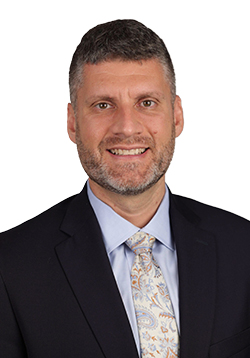
Small business owners Karen and Mike Bankowski both have an entrepreneurial spirit, but raising two kids while building their businesses requires balance (and money).
On the latest episode Common Cents on the Prairie™, these high school sweethearts get honest about juggling work and family, surviving the effects of COVID on small businesses, and funding the passions that became their livelihoods.
You can read a recap of their conversation below, watch the full episode on YouTube, or listen on your favorite podcast app!
Adam: Today I’m joined by Mike and Karen Bankowski. Karen has been an entrepreneur and small business owner since 2009, and most recently, she became a realtor and joined 605 Real Estate here in Sioux Falls. In 2014, Mike pioneered the home healthcare provider Prosperous Home Health and, more recently, Prosperous Robotics. He is also the CEO of Light Run, a company focused on serving the aging population and veterans who need assistive technology to live more fulfilling lives. Mike and Karen are high school sweethearts with two growing kids and a dog.
[To Mike and Karen] So, both of you are entrepreneurs. Small business owners living a dream that you’ve had for a while. But it wasn’t always that way. When did that change, and why?
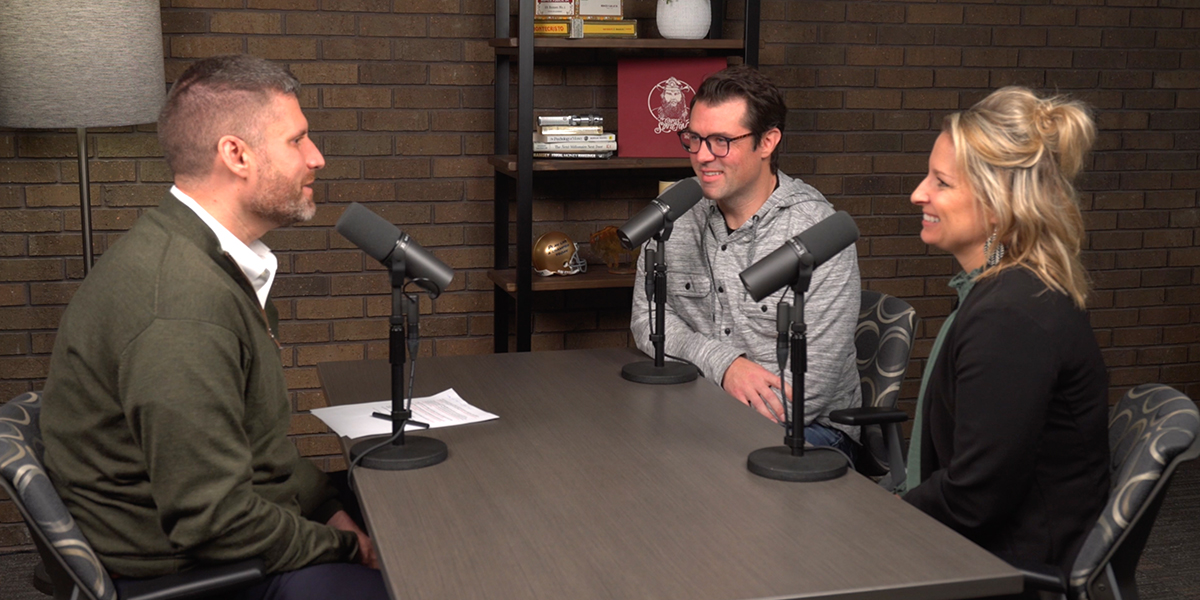
Karen: I worked at the Convention and Visitors Bureau here in Sioux Falls after college. I worked there for a few years, and then we had our son, Max. And after having him, I think I realized that working 40-plus hours becomes a little bit of an issue as soon as you start to build a family.
So, Mike and I sat down and talked about money and if we’d be able to make it work if I left that job and pursued photography on my own — knowing that that first year might be rough. That was a decision that Mike thought was important too, that I could have more flexibility staying at home with Max, and it just worked out.
At that point, I think that’s really when we started this — I don’t know what you would call it — somebody picks up the strings at different times.
Mike: Yin and yang!
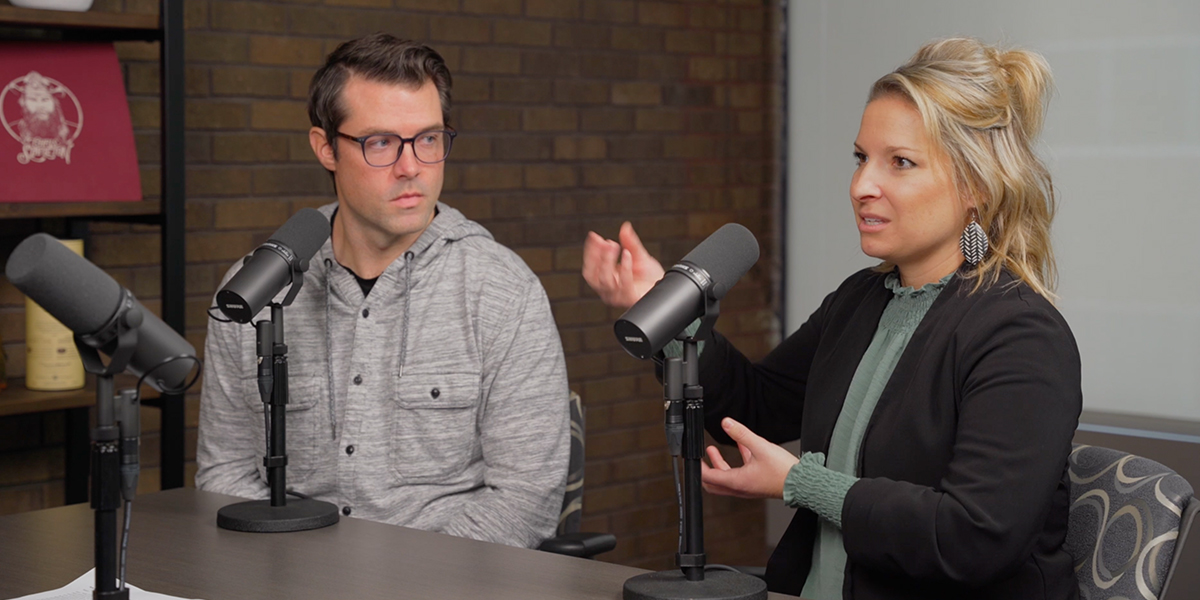
Adam: That’s the magic of your story. We live in a sometimes-selfish culture, and it can be all about us all the time. And when you’re married, sometimes it can’t be just about you — it has to be about the other person.
So Karen, you got to go first creating your business and scratching that itch, and Mike, I’m sure during that time you were ready to go too, but you didn’t. Why did you wait, and was that hard for you?
Mike: Well, I got to jump into it with Karen. I got to help her on the business side of photography. Now, she didn’t necessarily listen to any business knowledge that I had. [Karen bursts out laughing]
Adam: I was in business class with you. I can respect her decision. [All laugh]
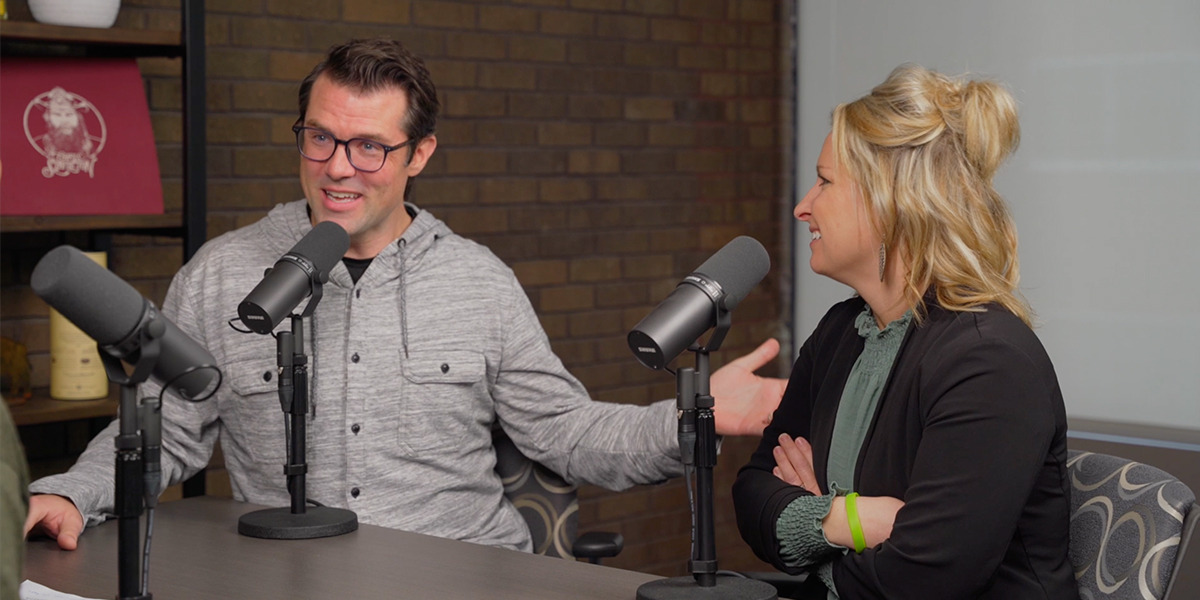
Mike: And I’ve always thought that Karen is a better business owner than I am, because she’s so much more open than I am. So, to be able to help her in the background — be that support person entrepreneurial-wise — was awesome. But I also realized that I didn’t necessarily know what I wanted to do.
It took my mom passing away; she was a nurse and was like, “Michael, your future is taking care of the elderly population.” It took her passing away and her saying that to me, and then what really shoved me over the edge was when my older brother died in a car accident.
Karen was three years into her business, so we kind of planned at that point, “All right, I’m going to start making some moves here. And at some point, I’ll be going off on my own.” So, we kind of knew that was down the road, and we could prepare and save up for it.
Adam: That’s the thing about small business ownership and being an entrepreneur — it’s so much more than just an eight-to-five. It can be all-consuming, especially if you’re both doing it. That’s a tough balance to strike, being a business owner and a breadwinner and not necessarily having that paycheck all the time. How have you kept that all together?
Karen: In our household, we take a moment each week with the kids and take a tally. “What’s the week look like for everybody? Dad has a big proposal on Wednesday. Mom has a closing on Thursday. Sophia has robotics Monday, and Max has football Thursday.”
And then we divide and conquer. “Tuesday I’m free for dinner, so I’ll cook dinner that night. Mike has a big proposal Wednesday; Sophia, do you want to cook dinner?” Everyone in our family has to take part.
Adam: So, Karen, tell us about what happened to the two of you in April 2020.
Karen: We were probably in the same ballpark as a lot of entrepreneurs. You know, you build your business and your life and everything up to where you think that it should be, and then a pandemic happens. That March when schools closed, I think all of us were in this, like, “La la, oh well. It’s two weeks off. Everything will be fine.”
But then April of 2020 came around, and I remember that Mike was paying overtime to a lot of his staff. I was, at this point, transitioning into doing real estate. So, all of a sudden it’s this realization of, “He’s having to pay all this extra money in payroll. I have nothing coming in. What are we going to do?”
It was really hard for us feeling like we worked to this financial security, and now we didn’t know where we were going to be. We didn’t know how we were going to pay our mortgage. At that point, it was really a come-to-the-table moment; we needed to itemize every single bill we had. Since then, we’ve really prepped ourselves in savings and made sure that that security is there.
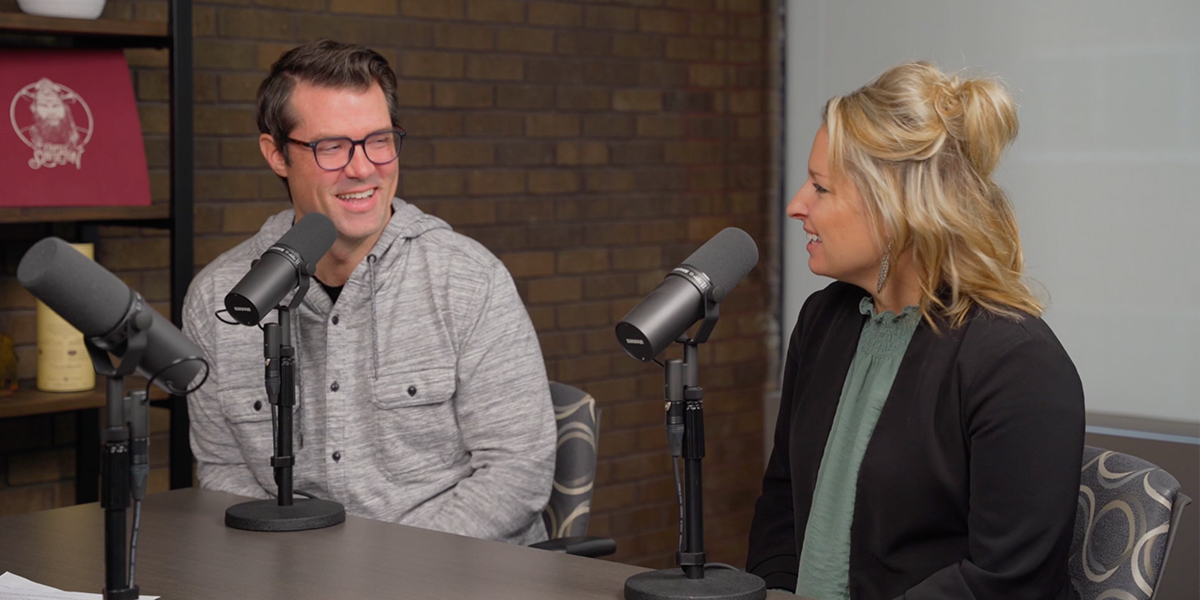
Adam: Financially speaking, what’s most important to you at this point in your life?
Karen: I go back to security. After going through a time like April of 2020, I just want to feel like that will never happen again.
Mike: My big thing now is having that cushion so I can innovate more. Innovation takes money, and it takes time — especially now that I’m doing two medical device startups. I have one patent, but I have six upcoming patents that are all going to need funding.
That’s what really drives me more than anything now. I’ve always wanted to help people, but when you get into an innovation — a device that can help millions of people — it’s a just a whole different level. And we’re so close to being able to self-fund a lot of these innovations. I think 2023 is going to be an incredible year for us.
If you enjoyed this conversation, send me a note to let me know! Or, check out the episode “Small Business Success with Jodi Schwan” to hear another entrepreneurial success story:

